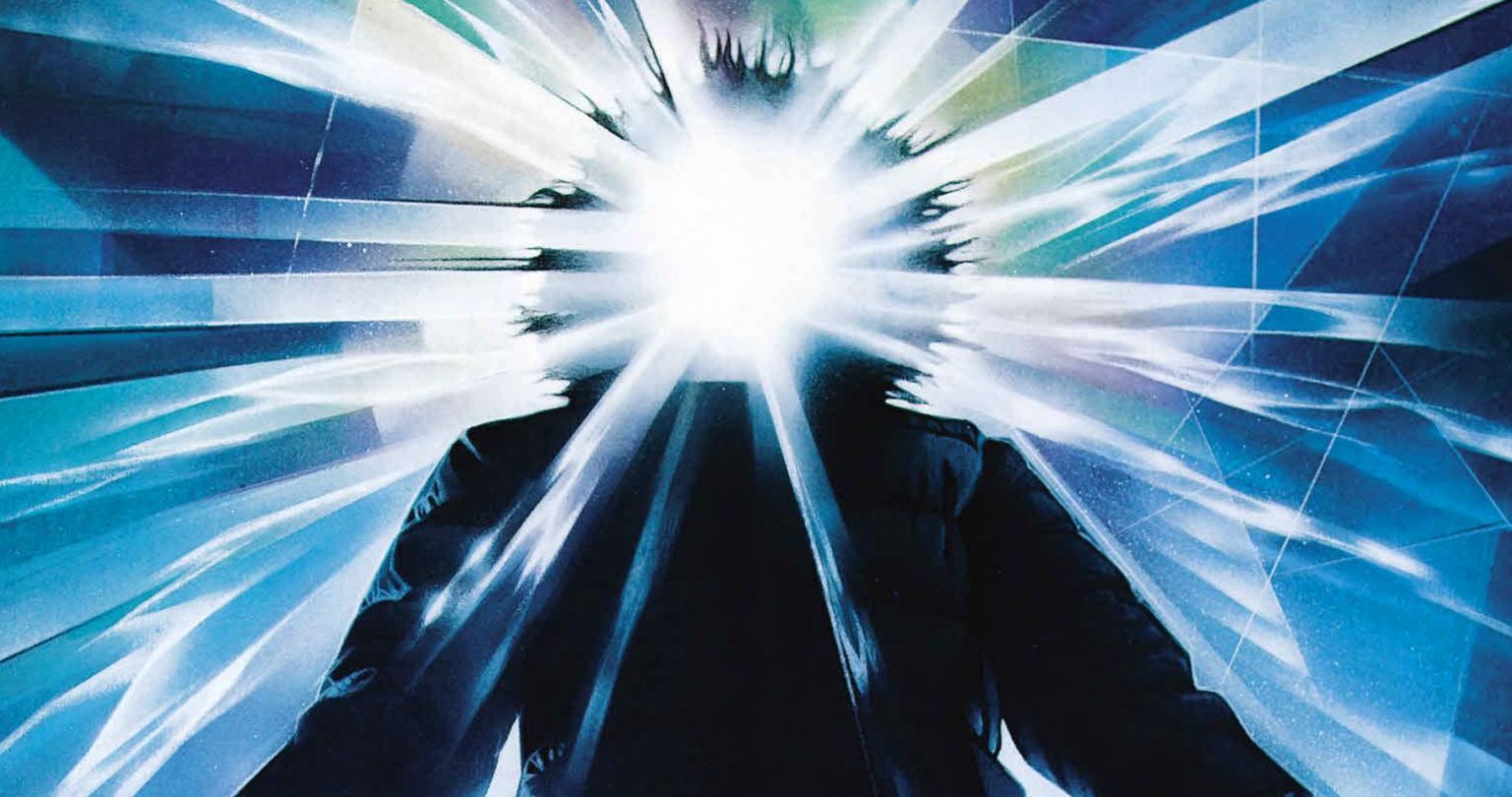John Carpenter has a deep respect for the late Ennio Morricone and his talents. Morricone sadly passed away on July 6th at the age of 91. To Carpenter, who was able to work with the legendary composer on The Thing, Morricone "is one of the great composers, he was brilliant." The director can safely say that Morricone elevated his 1982 science fiction horror project in ways that he never imagined and cherishes the time that they were able to collaborate together.
In addition to directing and writing, John Carpenter is also known for creating the iconic scores for his projects, including Halloween. So, when it comes to the music, Carpenter knows what he wants and how to collaborate with others to get the best end result. However, in 1982, the studio had other ideas. Carpenters says, "The studio had no interest in me scoring The Thing. Stuart Cohen, the associate producer, suggested, 'Why don't we get Maestro Morricone to do it?' So we hired him."
Ennio Morricone composed the iconic scores for Sergio Leone's spaghetti westerns, from the Dollars Trilogy through The Good, The Bad and the Ugly to Once Upon a Time in the West, which Carpenter believes is his "triumph." Carpenter says, "Morricone came from experimental music, a strange place," when attempting to explain why his scores are so good. He went on and had this to say.
"He has done so many different kinds of scores. He was a traditional composer but with a layer on top that is difficult to describe. He had the knack. The music would go deeper into whatever the movie was, it would bring out something in depth, a theme, a feeling. He was like an X-ray composer. He brought out a part of the theme of the movie that hadn't been thought of before."
However, when it came time for The Thing theme, John Carpenter had to give Ennio Morricone some notes. "It was all way too flourishy and ornate," said Carpenter. "I said to him, 'Ennio, use less notes.' And he did. That was the main title theme." From there, Morricone went to work on his own, delivering the score in different parts for Carpenter to listen to over time. Carpenter explains.
"He recorded the score in sections for us: 'use it wherever you wish.' He came later to record. I watched him conduct his orchestra sessions at Universal. It was fabulous. He added something to it, that I didn't realize, didn't ask for. He brought it: this deep, tragic sense that this is the end of things, of everything. Oh my god, it really worked. I was delighted with it."
In the end, John Carpenter did add some of his own work to the score, but it wasn't much. "A certain scene needed a little carpet music, dark chords," said Carpenter. "I just shoved them in there. Real simple sh*t." When viewers are checking out The Thing again, Carpenter revealed how to tell the difference between what he did and what Ennio Morricone brought to the table. "He brought the lush and depressing, the romantic tragedy, and I brought the drone quality," says the director. The interview with John Carpenter was originally conducted by IndieWire.

